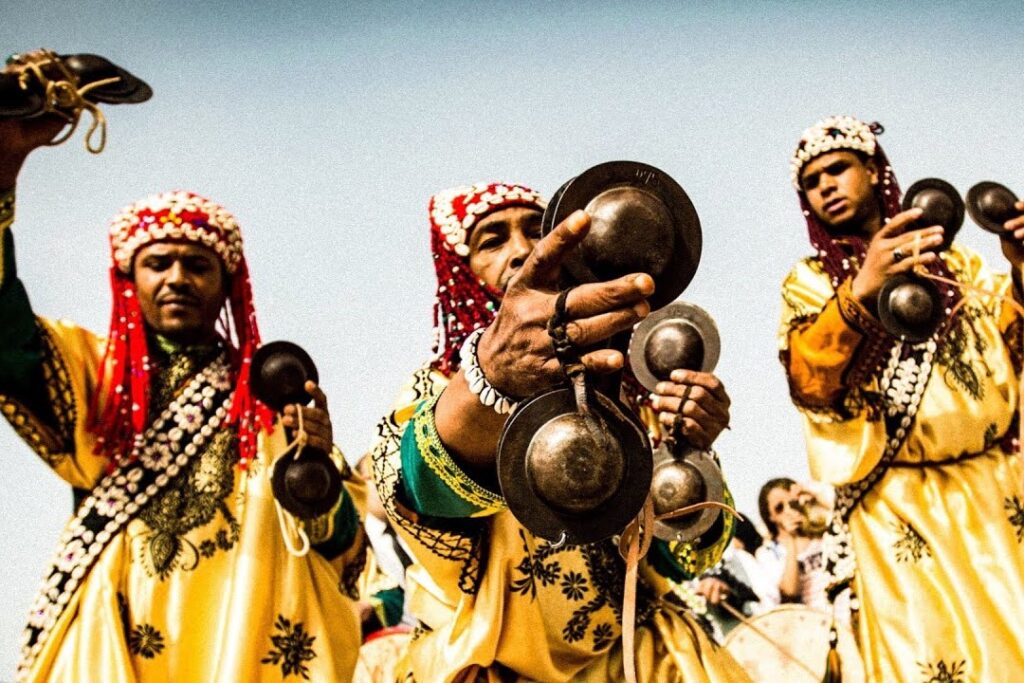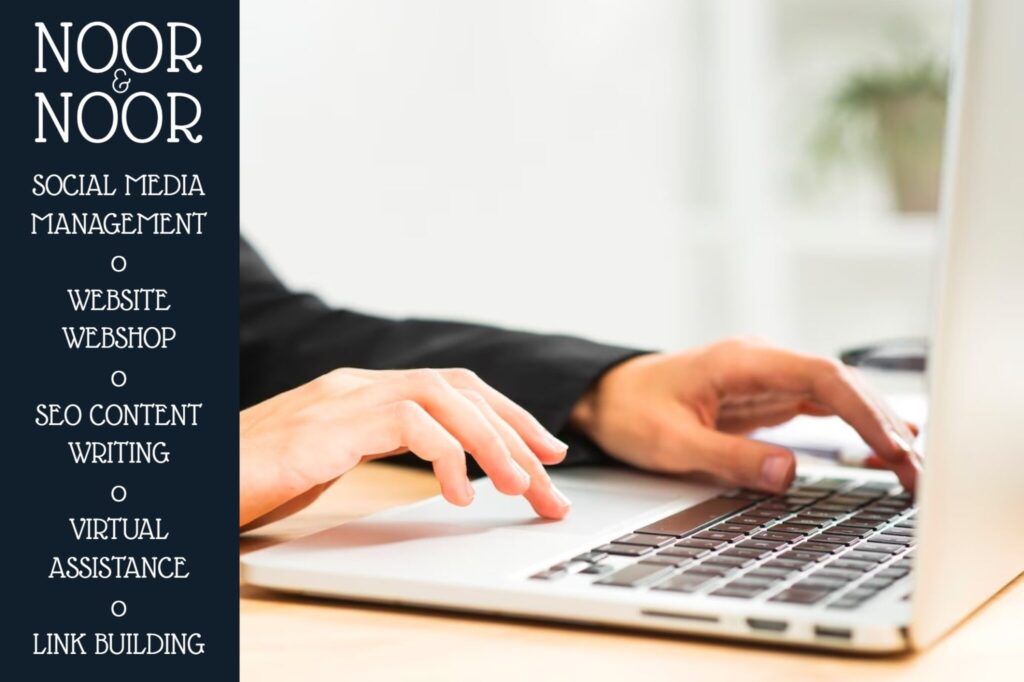Music has long been considered a universal language, capable of touching the soul and evoking powerful emotions. In recent years, scientific studies have begun to unravel the therapeutic effects of music, with Moroccan music emerging as a fascinating case study. Rooted in centuries-old traditions, Moroccan melodies, rhythms, and instruments offer not just entertainment but also a pathway to emotional healing. In this article, we explore the science behind music therapy, the unique aspects of Moroccan music, and real-life testimonials of its transformative effects.
The Science of Music Therapy
Studies in neuroscience have shown that music can have profound effects on the brain, influencing mood, reducing stress, and even rewiring neural pathways associated with trauma. According to researchers, the rhythmic and harmonic elements of music can stimulate the production of dopamine and serotonin—chemicals that foster feelings of happiness and relaxation.
“I’ve always struggled with anxiety, but listening to traditional Moroccan Gnawa music feels like a form of meditation. The repetitive rhythms calm my mind and help me let go of the tension I’ve been carrying for years.” – Amina, 32
In particular, Moroccan music, with its intricate blend of rhythms, scales, and cultural storytelling, offers a unique sonic experience that speaks to both the mind and the heart.
The Unique Healing Power of Moroccan Music
Moroccan music encompasses a rich tapestry of genres, each with its distinct therapeutic qualities.
Gnawa Music
Originating from sub-Saharan Africa, Gnawa music is deeply spiritual, often used in healing ceremonies. Its hypnotic rhythms and chants are said to help listeners achieve a meditative state, releasing emotional and psychological burdens.
“After losing my father, I felt completely disconnected from the world. A friend introduced me to a local Gnawa group, and their music became a lifeline. It allowed me to grieve and reconnect with my emotions in a way I never thought possible.” – Ahmed, 45
Click here and listen to Gnawa Home Songs; an exceptional gathering of great soloists (vocals and guembri lute), brought together by Emmanuelle Honorin and Karim Ziad. It features Hamid Kasri and Amlil, from Rabat, H’mida and Hassan Boussou, from Casablanca, and the Merchane family from Marrakesh.
Andalusian Music
This classical genre blends Arabic, Spanish, and Berber influences. Its elegant melodies and poetic lyrics often evoke nostalgia, helping individuals process deep-seated emotions.
Click here and listen to a Andalusian Concert with the Artist Abderrahim Souiri.
Berber Music
Known for its earthy rhythms and communal spirit, Berber music creates a sense of belonging and connection, which is crucial for emotional well-being.
Click here and listen to Traditional Moroccan Berber Music
Chaabi Music
A popular genre that tells stories of everyday life, Chaabi’s upbeat rhythms and relatable themes provide comfort and joy.
Click here and listen to Traditional Chaabi Music by Mustapha Oumguil
Music Therapy in Practice: Moroccan Context
Moroccan music has been used in both informal and structured therapeutic settings. In traditional healing ceremonies, such as the Lila of Gnawa, music is central to the process of emotional and spiritual cleansing. Participants often report a sense of catharsis and renewal after these rituals.
Modern therapists in Morocco are increasingly incorporating traditional music into their practices. For instance, guided sessions with Andalusian or Berber music help patients dealing with depression or post-traumatic stress disorder (PTSD) by creating a safe emotional space for expression and healing.
How Moroccan Music Resonates Globally
The healing power of Moroccan music isn’t confined to its geographical borders. International musicians and wellness practitioners have started to explore its therapeutic benefits. The soulful melodies and deep-rooted rhythms of Moroccan genres are now featured in meditation playlists, yoga retreats, and even Western clinical music therapy programs.
“As a yoga instructor in Paris, I incorporate Berber and Gnawa music into my classes. My students always comment on how the music helps them feel grounded and more in tune with their emotions.” – Sophie, 38
Practical Tips for Exploring Moroccan Music
If you’re curious about how Moroccan music can enhance your emotional well-being, here are some suggestions:
Create a playlist: Include a mix of Gnawa, Andalusian, Berber, and Chaabi music.
Attend live performances: Immersing yourself in a live musical experience can amplify its therapeutic effects.
Participate in cultural events: Engage in traditional Moroccan ceremonies or festivals to fully experience the healing power of music.
Combine music with mindfulness: Use Moroccan music during meditation or yoga sessions to deepen relaxation.
Hiking Trails in the Middle Atlas Mountains
The Middle Atlas Mountains are often overshadowed by the High Atlas or the Rif, yet they hold some of Morocco’s...
From Passion to Profession: Turning Creative Skills into Income
In Morocco, more young people are transforming their creative talents into careers. Whether it’s photography, calligraphy, fashion design, or digital...
Young Moroccans Abroad: Balancing Wanderlust and Roots
For many young Moroccans, the dream of exploring the world is irresistible. Whether through study, work, or travel, living abroad...
Networking for Millennials: How to Build Real Connections in Casablanca and Rabat
In Morocco’s fast-paced urban centers, especially Casablanca and Rabat, networking is essential for millennials seeking growth and opportunities. No longer...
Final Thoughts
The unique rhythms and melodies of Moroccan music have the power to heal emotional wounds, reconnect us with our inner selves, and create a sense of community and belonging. Backed by science and enriched by tradition, Moroccan music serves as a testament to the profound impact of cultural heritage on mental and emotional well-being.
As the testimonials show, exploring this vibrant musical tradition isn’t just about appreciating its beauty; it’s about embarking on a journey toward personal healing and fulfillment. So, why not press play and let the rhythms of Morocco guide you to emotional renewal?















Discussion about this post